This collaborative event has become one of my favorites and to see new ideas spark as some of the best and brightest researchers and clinicians discussed their work is both inspiring and exciting. I very much believe that we are fostering change in how cancer is understood, diagnosed and treated. Several research projects published this year and funded by the JKTG Foundation support my belief.
Triple-negative breast cancer metastasis involves complex epithelial-mesenchymal transition dynamics and requires vimentin, published In the journal Science Translational Medicine, and includes work by Andrew Ewald, PhD, with Johns Hopkins University School of Medicine, a researcher with whom JKTG has worked on several projects. The work highlighted in this most recent publication investigates the molecular mechanisms that cause metastasis in triple negative breast cancer.
Work continues and a project initially funded by JKTG Foundation led by Andrea Build, PhD at City of Hope, moving innovative breast cancer treatment to a clinical trial. This work has expanded and is now running clinical trials across multiple sites with the goal of changing and improving how cancer patients are treated as their disease progresses.
While a research lead by Robert Ivkov, PhD, at the Sidney Kimmel Comprehensive Cancer Center, and funded partially by JKTG Funding, initially found an anti-cancer immune response triggered by systemic exposure to nanoparticles, indicating that nanoparticle technology may play an important role in cancer immunotherapy.
Early phases of continued research shows promise as well. BNF nanoparticles exhibited time dependent innate immune cell mediated adjuvant effect to suppress primary tumor growth and metastasis in different models of breast cancer in varying degree. The most prominent effect noticed was its inhibition of metastasis with no nanoparticle accumulation in lung.
And a perspective piece, Materials-driven approaches to understand extrinsic drug resistance in cancer published in the journal Soft Matter, sets the stage for collaborative work that JKTG Foundation funding helped spark among researchers Justin Pritchard, PhD, Pennsylvania State University Department of Systems Biology, Michael Lee, PhD, University of Massachusetts Chan Medical School and Shelly Peyton, PhD, University of Massachusetts, Department of Chemical Engineering.
It’s exciting to see how these and other projects evolve and ultimately benefit patients.
Enjoy Thanksgiving with friends and loved ones and thank you again for being part of JKTG’s work. Happy Thanksgiving!
Featured news
Ted’s Take: Errors in formulas and what it means for AI
Spinach is the best source of iron. I’ve understood this for decades now. As I ate more and more healthy foods, I’d choose spinach salads because of the “great” nutritional value, particularly iron.
Ted’s Take: An ounce of prevention
They stay an ounce of the prevention is worth a pound of cure. Isn’t it the truth.
How physicians are paid
Despite a growing need for general practitioners, the Medicare system is not helping with this shortage given the maldistribution of reimbursement between general medical providers and surgeons and other specialists.

Jayne Koskinas Ted Giovanis
Foundation for Health and Policy
PO Box 130
Highland, Maryland 20777
Media contact: 202.548.0133


